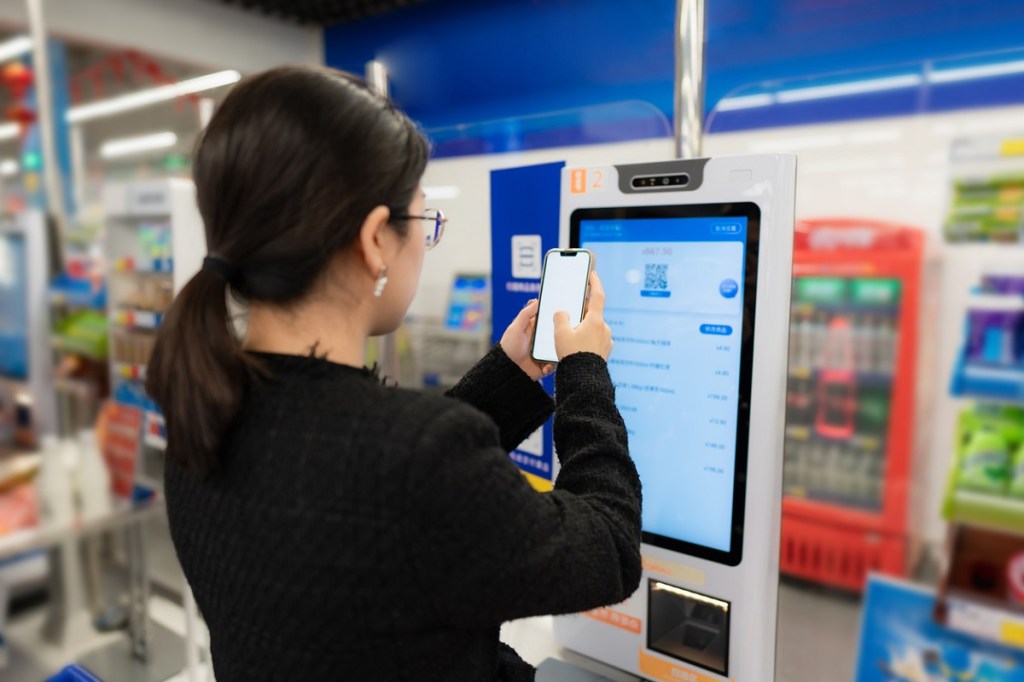Retailers are grappling with heightened expectations of consumers anticipating seamless in-store interactions, personalised recommendations and instant access to inventory online and in-store to ensure their continued loyalty, according to findings in a new global report from SOTI.
While consumers crave technology to improve the in-store shopping experience, those offered by retailers do not always meet expectations. While 93 per cent of Australian consumers have used an in-store device, many believe these devices make the shopping experience worse. Consumers cite challenges in-store such as poor Wi-Fi connectivity when using an in-store device (38 per cent) and a lack of staff to assist with issues relating to self-serve machines (35 per cent).
Supply chain optimisation is also critical, as consumers demand real-time information, efficient product availability and rapid delivery in-store and online. The report reveals that well over half (57 per cent) of consumers expect to be able to pick up an item ordered online from a physical store on the same day. Further, more than three-quarters (77 per cent) of consumers expect to always know the status of their orders, highlighting the need for efficient supply chain visibility.
“Acknowledging the pivotal role of AI in unlocking advanced capabilities in devices is essential. Using AI for predictive diagnostics and proactive support enables retailers to address potential problems before they affect customer interactions,” SOTI vice president for sales, APAC, Michael Dyson said.
“AI’s ability to combine data such as location, signal quality and speed with vital business metrics, including stock levels and shipment updates, ensures that the convenience and tailored experience offered by online shopping can be mirrored in physical stores.”
Security is a significant concern with more than three-quarters (80 per cent) of consumers expressing concerns about entering personal details online or through in-store devices. Security concerns extend to fraud, with more than two in five (42 per cent) Australian consumers worrying about becoming a victim of financial fraud and another 39 per cent expressing concerns about identity fraud.
In addition, the report emphasises the importance of in-store device security, as 42 per cent of consumers have concerns that the retailer will not keep their details securely, including the potential exposure of personal details (31 per cent) and the risk of the next user seeing personal information (30 per cent). Despite this, 34 per cent of consumers view in-store devices as tools to enhance shopping convenience and speed, highlighting the need for retailers to balance convenience and security.
“In the next few years, our priorities should be establishing trust, ensuring data protection and crafting integrated experiences that seamlessly connect digital and physical retail spaces,” Dyson said.
“Progress towards digital sophistication in the retail industry has been gradual. Advanced operational intelligence tools like SOTI XSight Live View are pivotal in offering real-time visualisation of retail operations and supply chain. Live View offers immediate detection and reaction to operational challenges by integrating device data and operational data. Retailers need to be aware of how devices are being used and be proactive in resolving any issues. The future of retail is not about rapid adoption of technology; it is equally about strategic planning and enhancing scalability through thoughtful implementation.”
This article was written by Emily Bencic and originally appeared on retailbiz.com.au.
To stay up to date on the latest industry headlines, sign up to the C&I e-newsletter.

